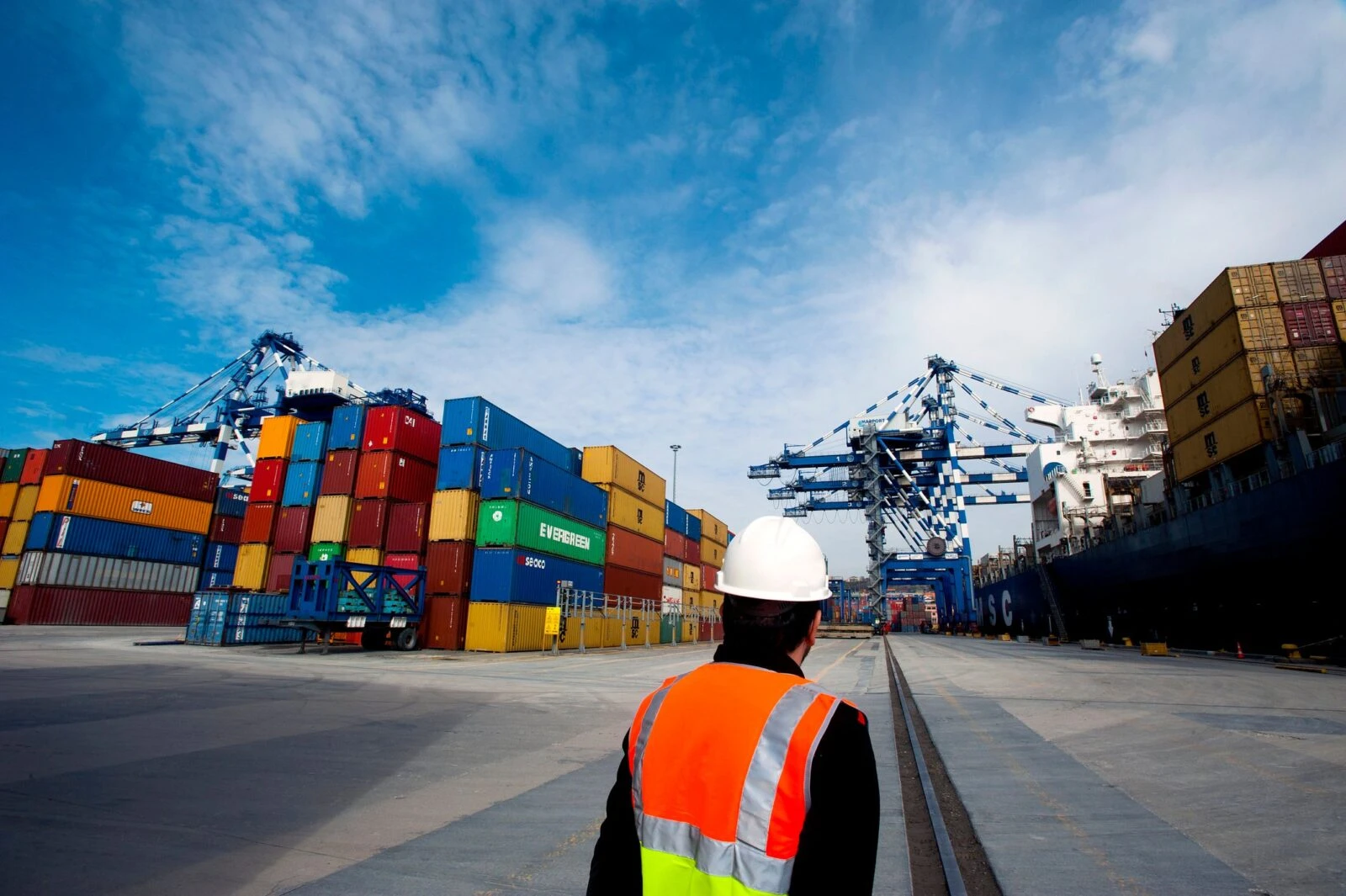The stakes are very high on Turkey’s EU membership
According to some of Turkey’s prominent Western friends, what is important is whether or not Ankara gets a date from the Dec. 17 summit of European leaders. Everything else is just details that will soon vanish, anyhow.
These friends believe that a date sometime in the second half of the year would not be objectionable to Turkey, even if that date was a conditional one and Ankara is asked to make a de facto or de jure recognition of the Greek Cypriot state as the Republic of Cyprus representing the entire population of the eastern Mediterranean island before it can start the accession talks process.
The demand for a permanent derogation regarding the free movement of labor and an optional clause suggesting the possibility that should the accession talks fail to end with Turkey’s full membership an “exceptionally strengthened partnership” or “privileged partnership” are other alternatives that some friends of Turkey say will become "irrelevant” in a very short period of time, after the start of the accession talks.
The suspension clause — the dangling sword that talks could be suspended should Turkey retreat from the reform process — is also considered to be “not a problem at all” if Turkey is sincere in its EU accession bid.
Well, the Europeans are holding some high cards, some of which are almost beyond the level of acceptability of the Turkish government.
No need to say it, perhaps, but is there anyone in Brussels or in any European capital who thinks that Turkey can abandon the Turkish Cypriot people, accept their being subjects of the Greek Cypriot republic and demanding some rights of autonomy from that state, extend formal or de facto recognition to the Cyprus Republic and get in return a date for the start of accession talks — or as is also being suggested, start the accession talks process at a later date in 2005 or 2006 — and explain all this as a “deal” to the Turkish public?
No one is a fool in Ankara. Everyone knows that once the accession talks start, at a stage when the intergovernmental conference is convened and when Turkey sits at the conference table together with the 25 EU countries, one of those countries will be the Cyprus Republic. If there isn’t a settlement on Cyprus by that date, then there won’t be any other option for Ankara but to recognize — in any fashion that will fit the conditions of the day — the Greek Cypriot government with its disputed title.
That is, the start of accession talks will serve as a prod for Ankara to make greater contributions to a Cyprus settlement. That’s why many people, including this writer, have been stressing that from the day Turkish accession talks start, Cyprus will become an internal EU problem and the Turks will have a far smaller area than ever in which to maneuver.
Regarding a permanent derogation for the circulation of labor, Ankara is quite comfortable knowing that it will only take a petition to the court to overcome any such oddity. The EU countries better think of a long-term suspension rather than a permanent derogation on the issue.
Then comes the date of the talks. It was the EU that said at the 2002 Copenhagen Council meeting that should the commission report Turkey’s sufficient compliance with the Copenhagen political criteria, it would decide at the December 2004 summit to start the accession talks “without delay.”
We believe the leaders of the EU countries are men of their word. If they aren’t, that’s a problem for their people.
In assessing the situation and coming up with a position on the Turkey issue, the EU leaders should also take into account that irrespective of how defeatist an image it has portrayed thus far, the ruling Justice and Development Party (AKP) government has a limit as well. They should not expect Prime Minister Recep Tayyip Erdogan to sit back and savor an unpalatable decision that he would not be able to sell to the Turkish public as a victory, or even as an honorable deal.
It appears that there will be a suspension clause in the EU Council’s Turkey decision on Dec. 17, but the probability of Turkey suspending the EU process if this “cornering the cat” approach of some EU leaders persists should not be ignored, either.
It appears that we will be engaged in a war of nerves until Dec. 17, sometimes getting excited by “heartwarming pro-Turkish statements” and often feeling frustrated with the obsessions in European capitals regarding Turkey’s membership and the moves to introduce further new conditions. The stakes are already very high. Europe and Turkey must recognize a point of no return before this tension turns into a war attrition.



